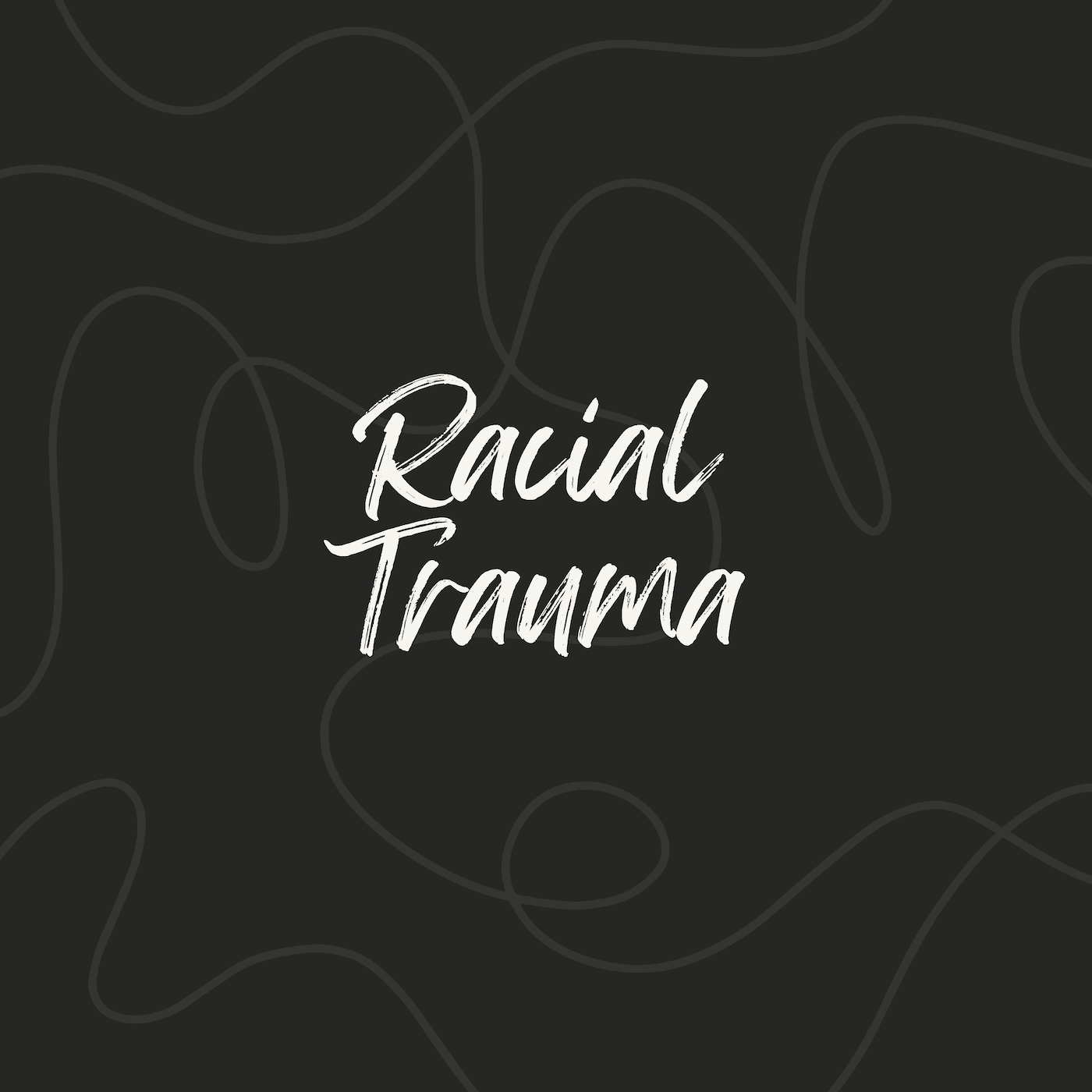As we commemorate Juneteenth — a holiday that celebrates the end of one dark period in American history, it’s so important for us to recognize the long, systemic racial trauma that people of color have faced in this country. And it’s equally important to do what we can to help.
Racial trauma is a form of psychological distress experienced by individuals who have encountered racism, discrimination, or systemic oppression based on their racial or ethnic background. It can present itself as anxiety, depression, hypervigilance, and a range of emotional and physical symptoms. Acknowledging and addressing racial trauma is crucial for promoting healing, resilience, and social justice. So, let’s explore the transformative potential of therapy, family therapy, and trauma-informed care.
Understanding Racial Trauma
Racial trauma is not limited to isolated incidents; it stems from the cumulative effect of individual and collective experiences of racism and discrimination. From overt acts of racial violence to subtle microaggressions, the impact on an individual’s mental and emotional well-being can be profound. Recognizing the existence of racial trauma is an essential first step toward healing and promoting social change.
Individual Therapy for Racial Trauma
Individual therapy offers a safe and confidential space for individuals to explore their racialized experiences, process their emotions, and develop coping strategies. A skilled therapist can help clients understand the roots and impact of racial trauma, challenge internalized beliefs of inferiority, and cultivate self-compassion and resilience. Therapeutic modalities like cognitive-behavioral therapy (CBT), eye movement desensitization and reprocessing (EMDR), and somatic experiencing can be particularly effective in addressing the complex effects of racial trauma.
Family Therapy and Healing Intergenerational Wounds
Racial trauma not only affects individuals but can also have intergenerational consequences. Family therapy provides a valuable opportunity for healing and growth, as it explores family dynamics, cultural values, and racial identity in a safe and supportive environment. Family members can engage in open dialogue, challenge harmful patterns, and develop healthier ways of relating to one another. By addressing intergenerational wounds, families can break the cycle of racial trauma and foster a sense of unity, resilience, and empowerment.
Trauma-Informed Care and Culturally Sensitive Approaches
At Hanna, we are leaders in trauma-informed care. TIC recognizes the impact of trauma and seeks to create safe and empowering environments for healing. In the context of racial trauma, a trauma-informed approach acknowledges the systemic roots of racism and integrates cultural responsivity and humility into therapeutic practices. Culturally sensitive therapists strive to understand their clients’ unique cultural backgrounds, experiences, and worldviews, while also being mindful of power dynamics and social inequalities. By creating a nonjudgmental and validating space, trauma-informed care promotes healing and helps individuals reclaim their agency.
Let’s Work Together
Addressing racial trauma through therapy, family therapy, and trauma-informed care is a crucial step toward healing, resilience, and social change. By providing spaces for individuals to process their experiences, challenging internalized beliefs, and fostering intergenerational healing, therapy offers a path toward individual and collective well-being.
As we strive for a more just and equitable Sonoma Valley, it is imperative that we recognize and address the lasting effects of racial trauma. By supporting individuals and families through therapeutic interventions at the Community Hub, we can collectively work towards healing, resilience, and a world free from the damaging impacts of racism.
Visit the Hub
The Hub offers individual and family therapy, as well as classes and opportunities for connection.
